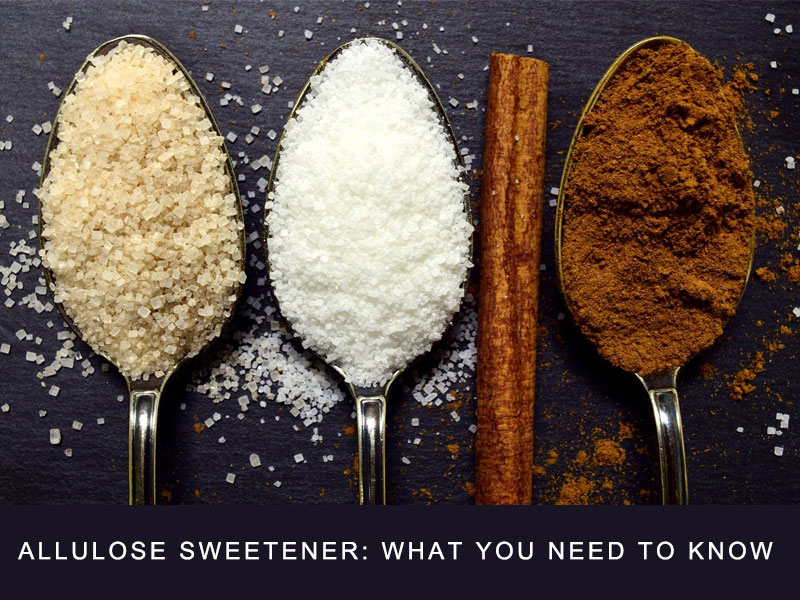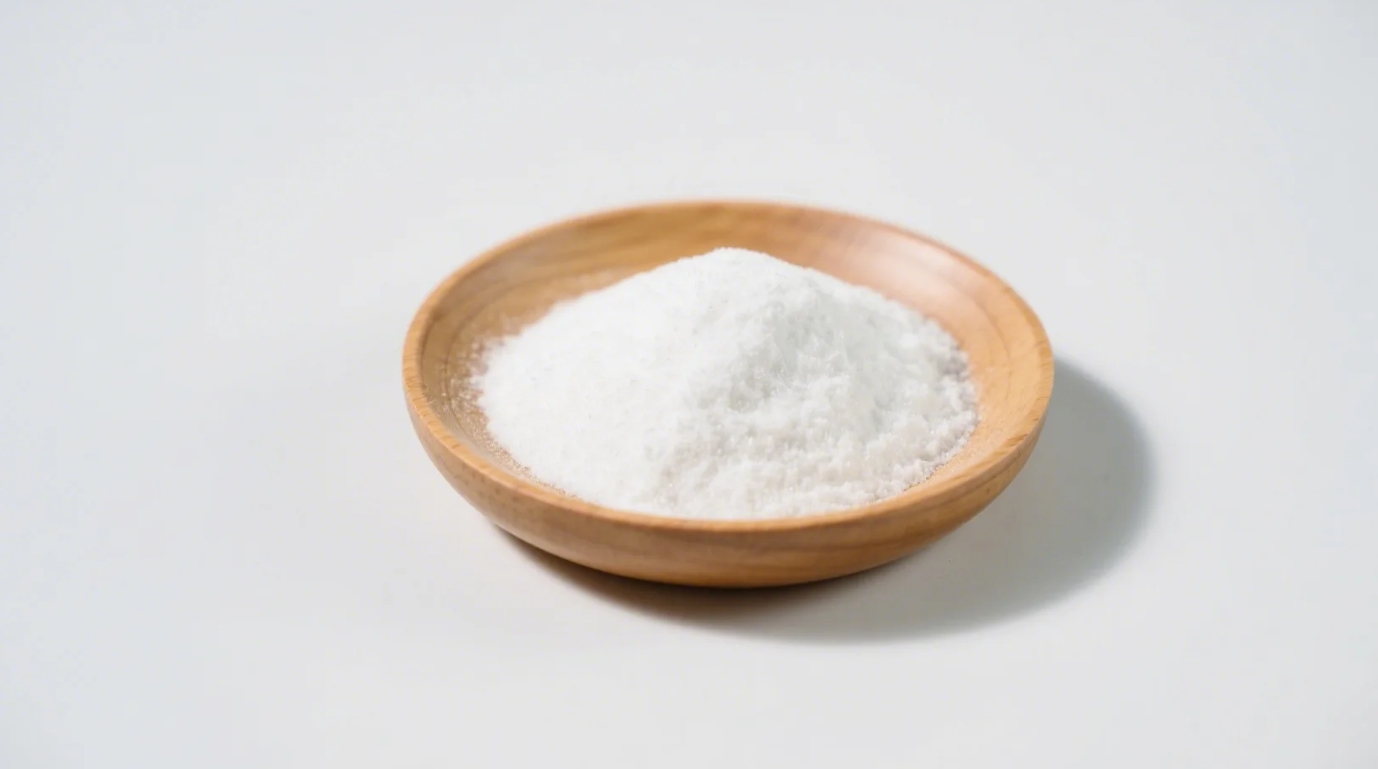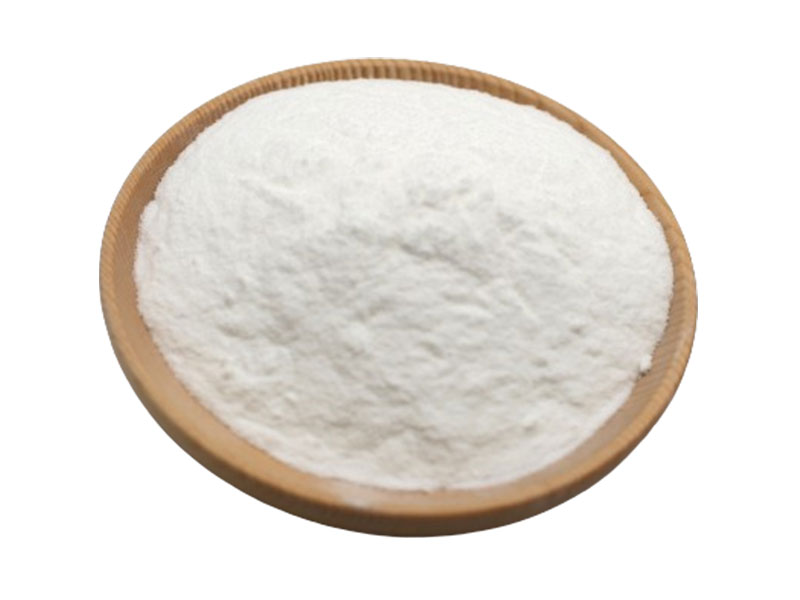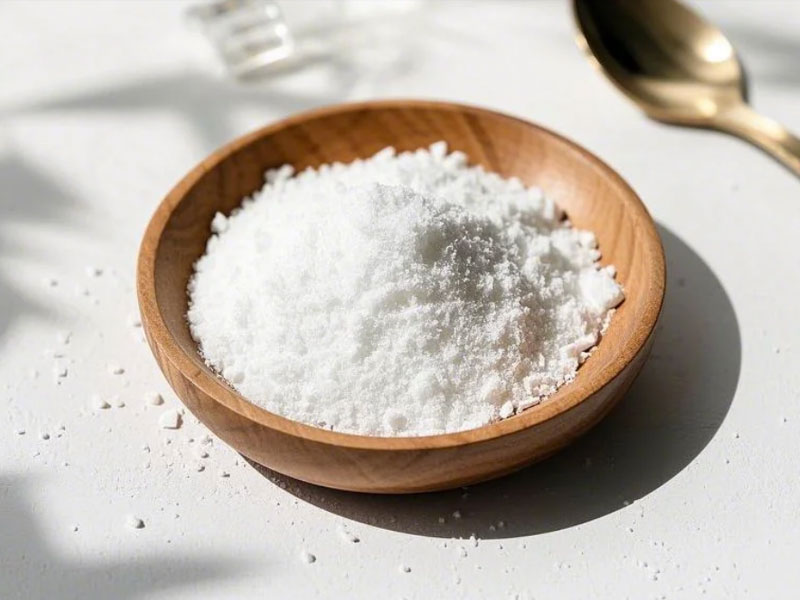Allulose is a natural sugar that you can find in some fruits and plants, like figs, raisins, wheat, maple syrup and molasses. It looks and tastes like regular sugar, but your body does not use it as energy. That means it has almost no calories and does not raise your blood sugar or insulin levels.
You can also buy allulose as a sweetener to use instead of sugar in your foods and drinks. The FDA says it is safe to eat and you can find it online and in some stores.

Why Allulose May Be Good for You
Allulose may have some benefits for your health, especially if you have diabetes, obesity or fatty liver disease. Some of the good things it may do are:
- Help you control your blood sugar. Some studies show that allulose can lower your blood sugar after you eat and make your body more sensitive to insulin. Insulin is a hormone that helps your cells use sugar for energy. Allulose may also protect the cells in your pancreas that make insulin from damage.
- Help you lose weight. Some animal studies suggest that allulose can help you burn more calories and fat and make you less likely to gain weight or belly fat. But we need more studies in humans to confirm this.
- Help you improve your liver health. Allulose may help prevent or reverse the buildup of fat in your liver, which can cause inflammation, insulin resistance and liver damage. Allulose may also act as an antioxidant and an anti-inflammatory agent that can protect your liver from stress.
Possible Downsides of Allulose
Allulose is usually safe and well-accepted by most people. But some possible drawbacks are:
- Digestive issues. Allulose may cause bloating, gas, diarrhea or stomach pain in some people, especially if you eat too much of it. This is because allulose is not absorbed by your body and goes to your large intestine, where it can be fermented by bacteria.
- Allergic reactions. Although rare, some people may be allergic to allulose or its source plants. Symptoms may include hives, itching, swelling or trouble breathing. If this happens to you, stop eating allulose and get medical help.
- Drug interactions. Allulose may interact with some drugs that affect your blood sugar levels, such as insulin or pills that lower your blood sugar. If you are taking any of these drugs, talk to your doctor before eating allulose.
How Much Allulose Can You Eat and How to Use It
There is no official recommendation for how much allulose you can eat, but some studies have used doses from 5 to 15 grams per day for people with diabetes or obesity. But different people may have different reactions depending on their weight, health and diet.
You can use allulose as a substitute for sugar in many foods and drinks, like baked goods, yogurt, ice cream, coffee or tea. But keep in mind that allulose does not brown or caramelize like sugar, so it may change the texture or look of some recipes.
Summary
Allulose Sweetener is a natural sugar that has almost no calories and does not affect your blood sugar or insulin levels. It may have some benefits for your health by lowering your blood sugar levels, reducing your body fat and improving your liver function. Allulose is generally safe and well-tolerated by most people, but it may cause digestive issues or allergic reactions in some cases. You can use allulose as a sweetener to replace sugar in various foods and drinks.
You might also like
Organic Dextrose Powder
Natural Energy Source for Food, Beverage, Pharma & Sports Nutrition
Organic Maltodextrin Powder
Versatile Clean-Label Carbohydrate for Food, Beverage & Nutraceutical Applications
Organic Allulose Sweetener
Zero-Calorie, Natural Sweetener for Clean-Label Food, Beverage & Keto Formulations


